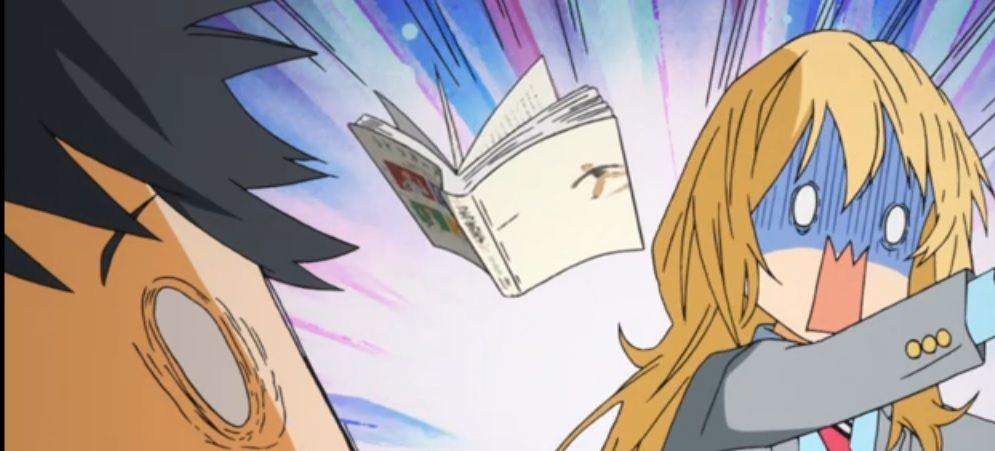After having watched the eighth episode of the current season, I think My Teen Romantic Comedy Snafu should be re-titled Jesus Christ, What the Fuck is Wrong With These Kids?
I do like how the kids’ social problems aren’t a result of some past trauma, which would have been too pat (remember that Hikigaya was already a loner long before he got hit by a car). They’re like this because that’s just how they’re wired. Some people are shy, some people are gregarious, and some people have trouble connecting with others. Perhaps it’s good that pop psychology isn’t as pervasive in Japanese media as it is over here, otherwise I get the feeling that undiagnosed Asperger’s syndrome would be the easy answer for the question of the kids’ social issues.
I wonder now what the writer of the light novels is like. The personalities of the characters are exaggerated for dramatic effect, of course, and most of the situations in the show are too contrived to be realistic, but it feels like there’s emotional truth and perhaps first-hand experience in the depiction of the loneliness of the misanthrope.
